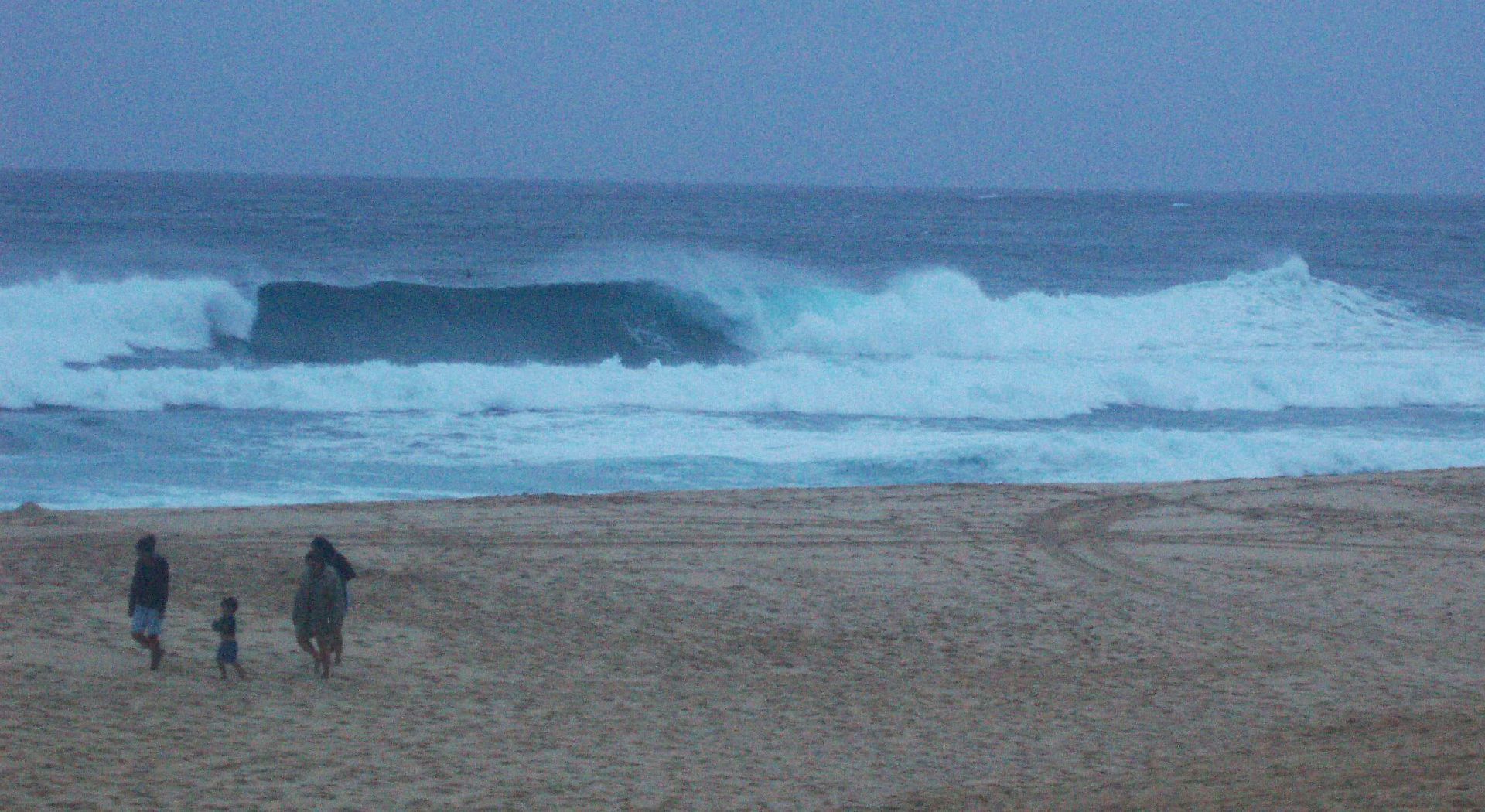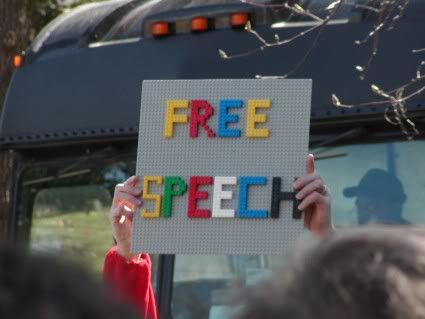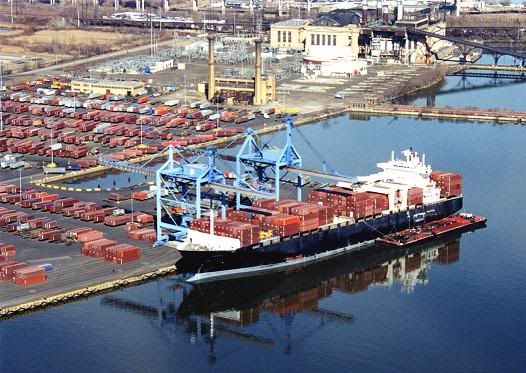
The Dubai deal is at one level, a very important level, an emotional deal, a gut-reaction deal. That's certainly how it hit me.
The only way opinion can change on a matter like this is through new information. That presupposes (1) there will be new information, (2) it won't be countered by new information from the other side, and (3) people will be exposed to and understand the information.
New information is coming out on the Dubail deal. Particularly influential to the process of changing opinon is information based on personal experience. Dennis Lormel at
Counterterrorism Blog has it. He says of the United Arab Emirates:
When I was the Chief of the Terrorist Financing Operations Section (TFOS) at the FBI, we maintained direct dealings with the UAE concerning numerous issues. In particular, the UAE Central Bank provided considerable support and was consistently receptive and responsive to requests for information.
As the Dubai Ports World story gained momentum, reports indicated that two 9/11 hijackers came from the UAE and bank accounts supporting 9/11 were maintained in the UAE. It should be noted that the UAE Central Bank provided important information concerning these accounts. In addition, they provided significant account information for other matters pursued by TFOS and companion agencies. In one instance, they facilitated the apprehension of an important TFOS subject.
Actions such as this clearly demonstrate how important an ally the UAE is and the contribution they’ve made to our war on terrorism. While rightfully showing concern about port security, we should not be irresponsible in our rush to judgment. After all is said and done, the UAE is an important ally.
But then there's information like this, from
AP:
WASHINGTON - The Homeland Security Department objected at first to a United Arab Emirates company's taking over significant operations at six U.S. ports. It was the lone protest among members of the government committee that eventually approved the deal without dissent.
The department's early objections were settled later in the government's review of the $6.8 billion deal after Dubai-owned DP World agreed to a series of security restrictions. ...
Stewart Baker, a senior Homeland Security official, said he was the sole representative on the Committee on Foreign Investment in the United States who objected to the ports deal. Baker said he later changed his vote after DP World agreed to the security conditions. Other officials confirmed Baker's account.
"We were not prepared to sign off on the deal without the successful negotiation of the assurances," Baker told the AP.
Was Baker strong-armed politically, or were his concerns genuinely addressed? As more is learned about the deal, the indications are more that his concerns were, or are being, addressed.
That's fine and dandy, but in the end, this remains an example of public opinion that is emotion-driven. And
Confederate Yankee shows us the numbers:
Just 17% of Americans believe Dubai Ports World should be allowed to purchase operating rights to several U.S. ports. A Rasmussen Reports survey found that 64% disagree and believe the sale should not be allowed.
In my experience, numbers that bad stay that bad. You just can't move the needle that far unless you've got a lot of time to do it, and a communicating wizard to do the talking.
There is no time. Active campaigning for the 2006 election starts in three months. There is no wizard. We've learned, painfully, that W is no Great Communicator.
The only solution I see is the one
I proposed yesterday: Buy time and fix the system.
hat-tip: memeorandum
Related Tags: UAE, Ports, Dubai, Bush
















































